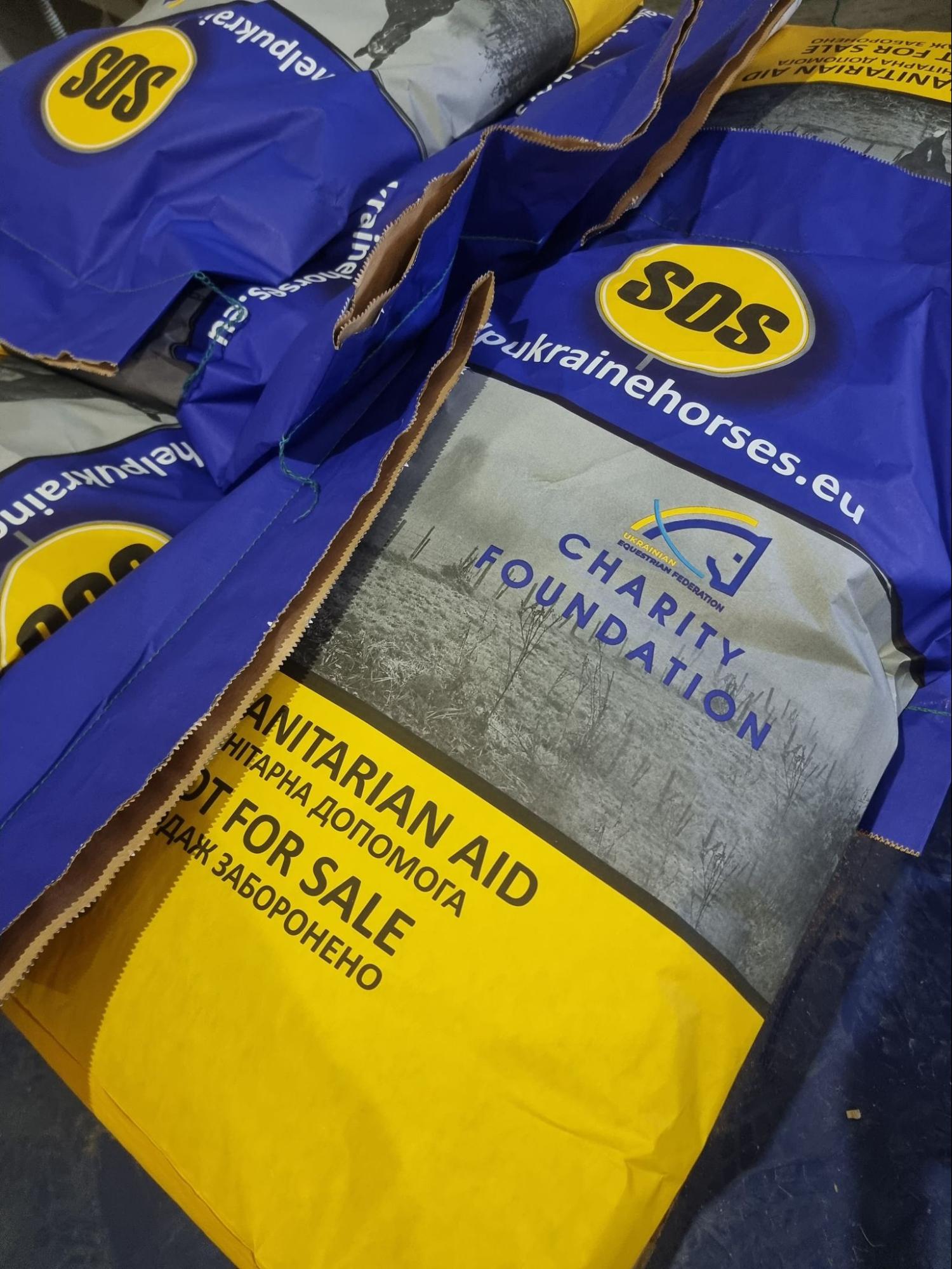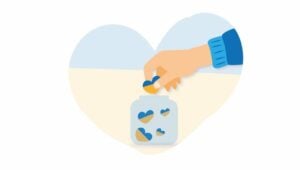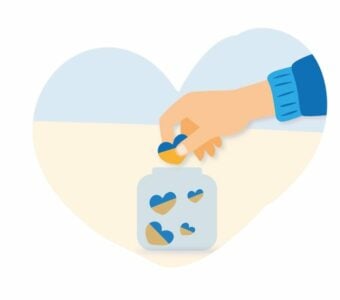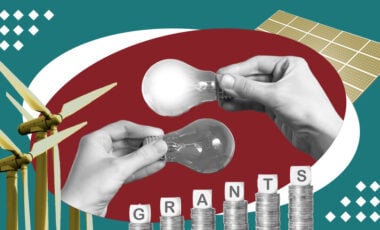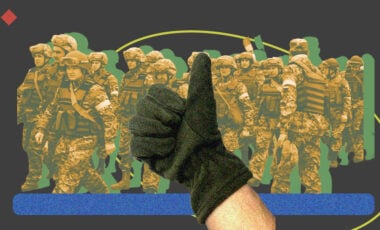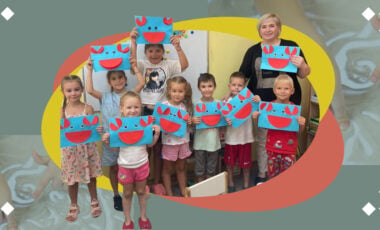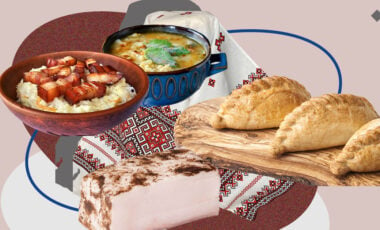Humanitarian feed: how Ukrainians save horses from war
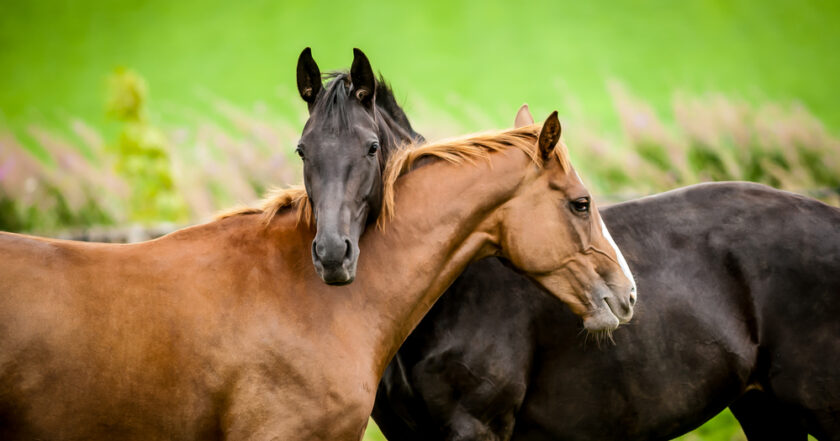
About 100 000 Ukrainian horses found themselves in a challenging situation due to a lack of fodder and the inability of their owners to feed their animals.
In the first months of the war, humanitarian aid from abroad partially solved the issue while creating a new one – a variety of feed, delivery disruption, and feed that did not quite meet the current needs of horses – a health problem.
When the amount of humanitarian aid began to decrease and the cost of logistics to increase, it was decided to use donor funds more efficiently and produce fodder in Ukraine at one of the most technological feed mills – Letychiv feed mill, which is part of Inter-Yednist Holding.
The first 90 tons of humanitarian horse feed came off the assembly line last week. The Charitable Foundation of the All-Ukrainian Equestrian Federation has established the production of humanitarian fodder in Ukraine to save on logistics from abroad, use local raw materials, and load Ukrainian enterprises.
The project was made possible through cooperation with the Dutch manufacturer of premium horse feed "Horsefood", which has developed a unique recipe for horses in Ukraine.
The formula consists of 25% of the core essential nutrients, vitamins, and supplements needed for horses after starvation or a period of diet restriction, with reduced immunity. It is provided by the manufacturer. And 75% of the product contains Ukrainian raw materials – barley, wheat, bran, corn, and molasses.
The product's essence is that it meets the current needs of Ukrainian horses, which don't carry sports loads and don't need high-energy food. At the same time, most of them suffered from malnutrition, stress, frequent movement, and an unaccustomed lifestyle.
Frequent changes in the feed also trigger gastrointestinal problems, which might result in the death of the animals. "Fodder production in Ukraine solves several issues at once," – noted Mykhailo Parkhomchuk, chairman of the Foundation of the All-Ukrainian Equestrian Federation and Secretary-General of the AUEF. Firstly, the cost of feed is 3 times cheaper than any feed bought in Ukraine and imported from abroad.
Secondly, local production allows reducing the variety and constant change of feed, which aggravates the risk of health problems in horses. Thirdly, the use of local raw materials and production allows leaving donor money in Ukraine, maintaining jobs, and paying taxes".
The feed is packed in bags of original design, which are marked – "humanitarian aid, not for sale" to avoid misuse and possible resale.
Like other humanitarian aid from the Foundation, the feed can be received by any equestrian farm in Ukraine that has livestock, from one horse or pony to a large horse stable or hippodrome.


